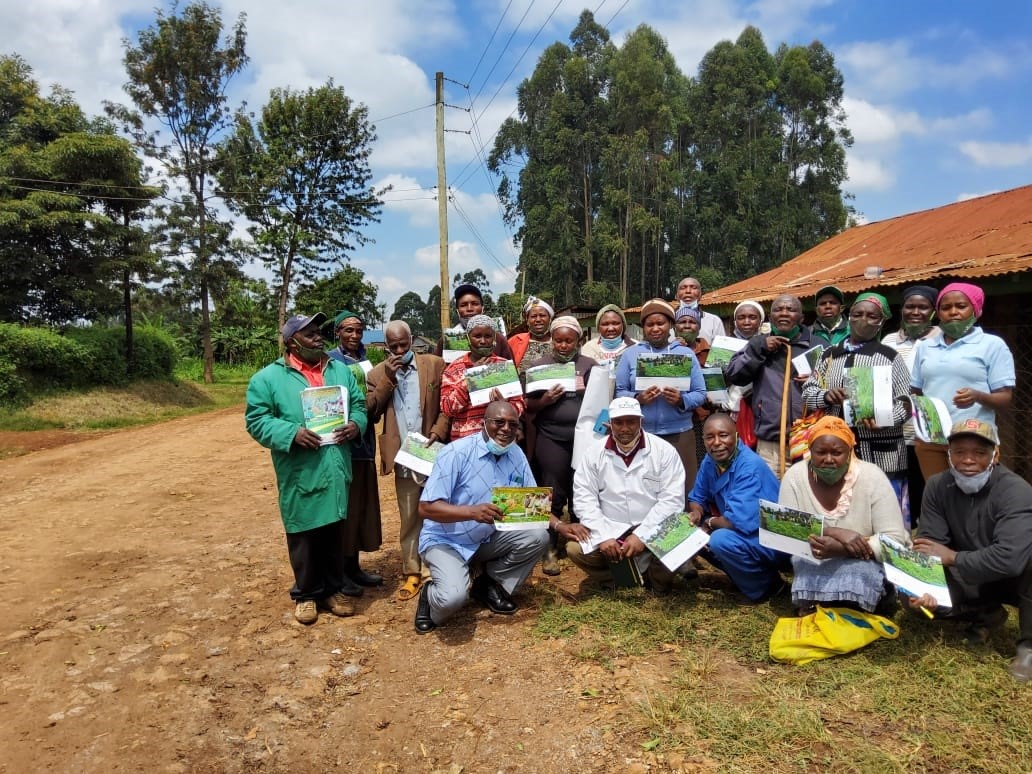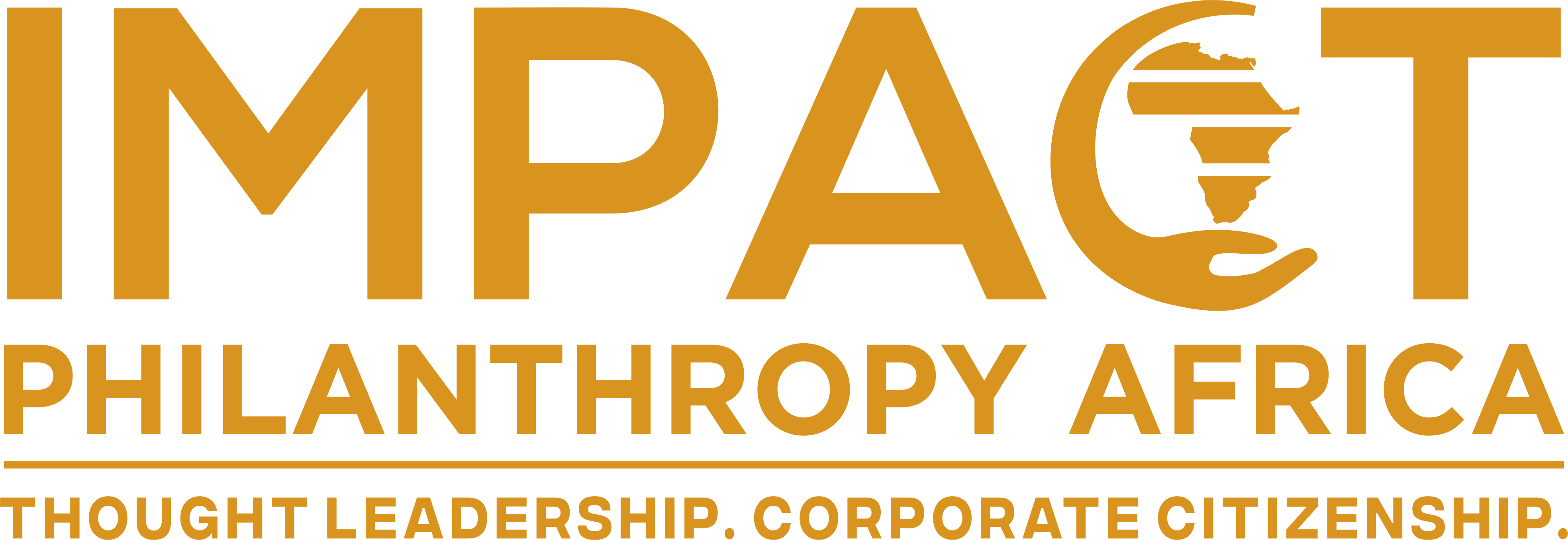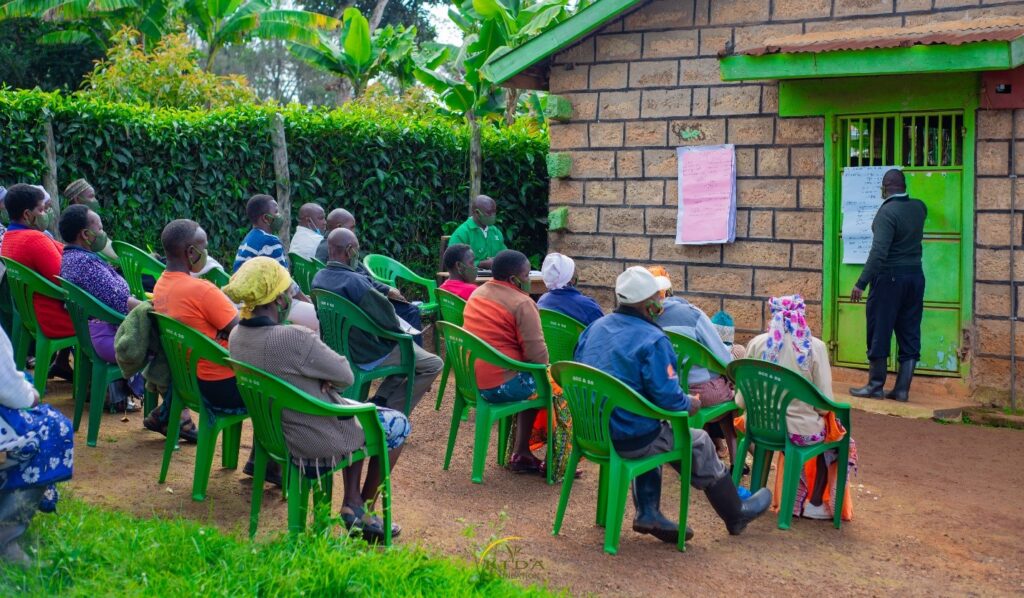In most productive sectors in Kenya, especially in agriculture, women provide a significant amount of the on-farm labour. Despite their contribution, only a small percentage of these women have ownership or control over the proceeds of those enterprises. Additional barriers to women’s financial empowerment and inclusion include the lack of access to finance and other factors of production such as land ownership.
A 2018 study by BSR and IDH shows that even when women are financially included, they are often not empowered to make financial decisions. Additional research shows that social norms and the gender power relations at the household level have a significant effect on how men and women make financial decisions.
Holistic economic empowerment program
Gender disparities in financial decision-making at the household level are an important inhibitor to women’s economic empowerment and an indicator for gender inequality. This is the context in which the KTDA Foundation and IDH have joined forces to address the issue of financial inclusion in smallholder tea farming families in Kenya.
The Kenya Tea Development Agency (KTDA) is a company owned by around 650,000 smallholder tea farmers across 17 Kenyan tea growing counties. KTDA supports tea farmers with training on good farming practices as well as a range of services such as transportation, processing and marketing. To improve the business skills of its farmers, the KTDA Foundation provides training on financial literacy and by 2018, KTDA trained over 105,000 smallholder tea farmers on these topics in partnership with IFC.
KTDA in 2019 partnered with IDH with the aim of expanding KTDA’s financial literacy training into a holistic economic empowerment program for smallholder farming families. The first key step of this initiative was to carry out a gender-needs assessment. This allowed IDH and KTDA to map out gaps and opportunities on issues affecting women, youth and men in tea farming families related to different areas of economic empowerment. Second, IDH and KTDA Foundation developed a gender-responsive training curriculum based on the findings coming out of this assessment.
Creating a gender-responsive financial literacy curriculum
The KTDA financial literacy curriculum, which was reviewed against the findings of the gender-needs assessment, revealed that it was heavy on business finance literacy as opposed to basic financial literacy. Household members needed help to grasp the concept of money and to develop their ability to manage financial resources. It has also appeared that the content of the curriculum was not suitable for learners whose education levels were not advanced.
As a result of the curriculum review, the consultants have collaborated with the project team to develop an audience-responsive trainer manual with plenty of illustrative features to support learners whose education levels were not advanced, especially those with primary level of education.
The curriculum content has been adapted to better meet the needs of its beneficiaries and the context of the program ensuring that gender, entrepreneurship and financial inclusion are well-ingrained.
- Social dynamics: the aim is to promote inclusion and equitable participation of women, men and youth at the household and community levels.
- Financial literacy: the course content will introduce the concept of money and basic skills for managing money for all members of the household.
- Entrepreneurship: the course content focuses on providing skills for generating business ideas, implementing them and managing business enterprises profitably.
The new holistic economic empowerment curriculum has been anchored in inclusive transformative approaches and in behaviour change. Its focus has been to unlock value for farmers across the tea value chain. To integrate the project in KTDA’s broader service delivery to farmers, IDH and KTDA have agreed for KTDA’s extension staff to deliver the training. The two partner organisations have developed a capacity-building model to ensure continuous support to farmers through the KTDA field and extension services. The staff has received a 3-day training on the curriculum from the consultants that have conducted the analysis and curriculum review.
The training
Between January and June 2021, KTDA’s extension workers have reached close to 20,000 tea farming households with this training.
During the implementation, extension staff could ask feedback or support one another through WhatsApp groups. They have also benefited from guidance and supervision from the KTDA Foundation and regional managers as well as contact with the consultants.
“The HEE programme methodology of using Tea Extension Service Assistants(TESAs) as ToTs has transformed how farmers view us, before they only thought we cared and were knowledgeable about tea husbandry only. Now they know us as subject experts in other matters like financial literacy and social dynamics. In my case it has also it transformed my attitudes and behavior towards finances at a household and personal level because I have learned and internalized the methodology.” Daniel Rop, TESA Kapkoros Tea Factory
Key results of the program
The findings from the baseline and end line assessment suggest promising results. If scaled up and sustained, the program has the potential of improving wellbeing of beneficiaries in various dimensions. Please see the most important results below:
- Households develop a shared family vision: Overall, the greatest impact was observed in attitude of beneficiaries towards development of a shared family vision. By the end line, 97.39% of the respondents stated that they had a shared family vision compared to 70.58% at baseline.
- More inclusive decision-making in the household: Findings suggest a shift to more involvement of family members in day-to-day financial decisions in the household. Overall, 83.86% of the respondents at end line involved their family members in decision making about money compared to 67.83% at baseline. Overall, 91.73% of respondents at end line stated that other family members were involved in making decisions about savings compared to 65% at baseline
- Increased household budgeting: Proportion of respondents reporting development of household budgets increased from 62.32% at baseline to 96.27% at end line. This may be attributed to the capacity development that emphasized development of budgets as one of the strategies for achieving financial security.

The above results show that the Holistic Economic Empowerment Model has the potential to transform lives and there is an opportunity for the government and other development agencies to support in upscaling the programme to other smallholder farmers across various sectors to help raise their incomes and improve the economy.

